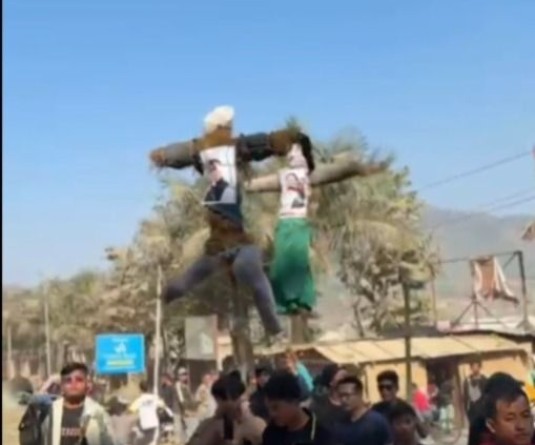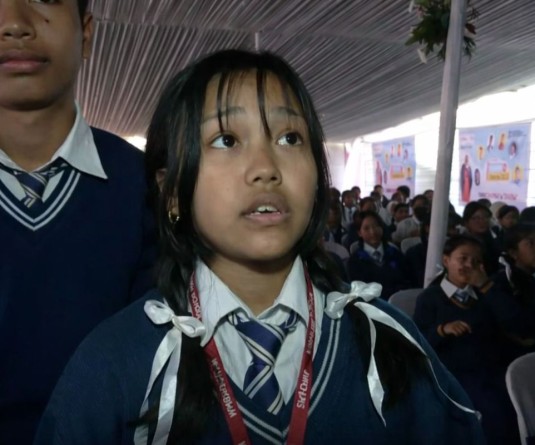
Guwahati, September 4 (MExN): The North Eastern Social Research Centre (NESRC) is set to host a two-day regional seminar on the socio-economic and environmental impacts of commercial oil palm plantations in Northeast India. The seminar, scheduled for September 6-7, will bring together researchers, scholars, social activists, planters, and journalists to explore the complex implications of oil palm cultivation in the region.
Northeast India, recognized as one of the country's mega-biodiversity zones, has seen a significant expansion of oil palm plantations under the National Mission on Edible Oils (NMEO), initiated by the Indian government in 2021. With a focus on reducing the country's dependence on imported edible oils, the mission has targeted the Northeast and the Andaman and Nicobar Islands for extensive oil palm cultivation. Mizoram has emerged as a key state in this initiative, with 67% of the region's 61,000 hectares (150,000 acres) of oil palm plantations located within its borders.
The introduction of oil palm plantations has sparked intense debate among scholars, activists, and local communities. While proponents view development as a means of empowerment that can promote environmental, economic, social, and cultural progress, critics argue that mainstream development paradigms often prioritize economic growth at the expense of social justice, cultural diversity, and ecological sustainability. Concerns have been raised about the potential threats to biodiversity, land relations, and the disruption of traditional social and customary practices in the region.
NESRC has been conducting a comprehensive study on the economic, social, environmental, and gender impacts of oil palm plantations in Northeast India. The seminar will serve as a platform for participants to engage in discussions based on this study and other fieldwork conducted by researchers, social and environmental activists, and journalists. The goal is to gain a deeper understanding of the issues surrounding oil palm plantations and to formulate strategies for effective follow-up actions.
Around 40 participants from Assam, Arunachal Pradesh, Mizoram, and Nagaland, where the study is being conducted, will attend the seminar. They will be joined by local stakeholders, bringing the total number of participants to approximately 60.
The seminar is expected to provide valuable insights into the socio-economic and environmental dimensions of oil palm cultivation in Northeast India, a topic of great relevance to the region's tribal communities whose identity and livelihood are intricately linked to their land.


.jpg)


.jpg)
